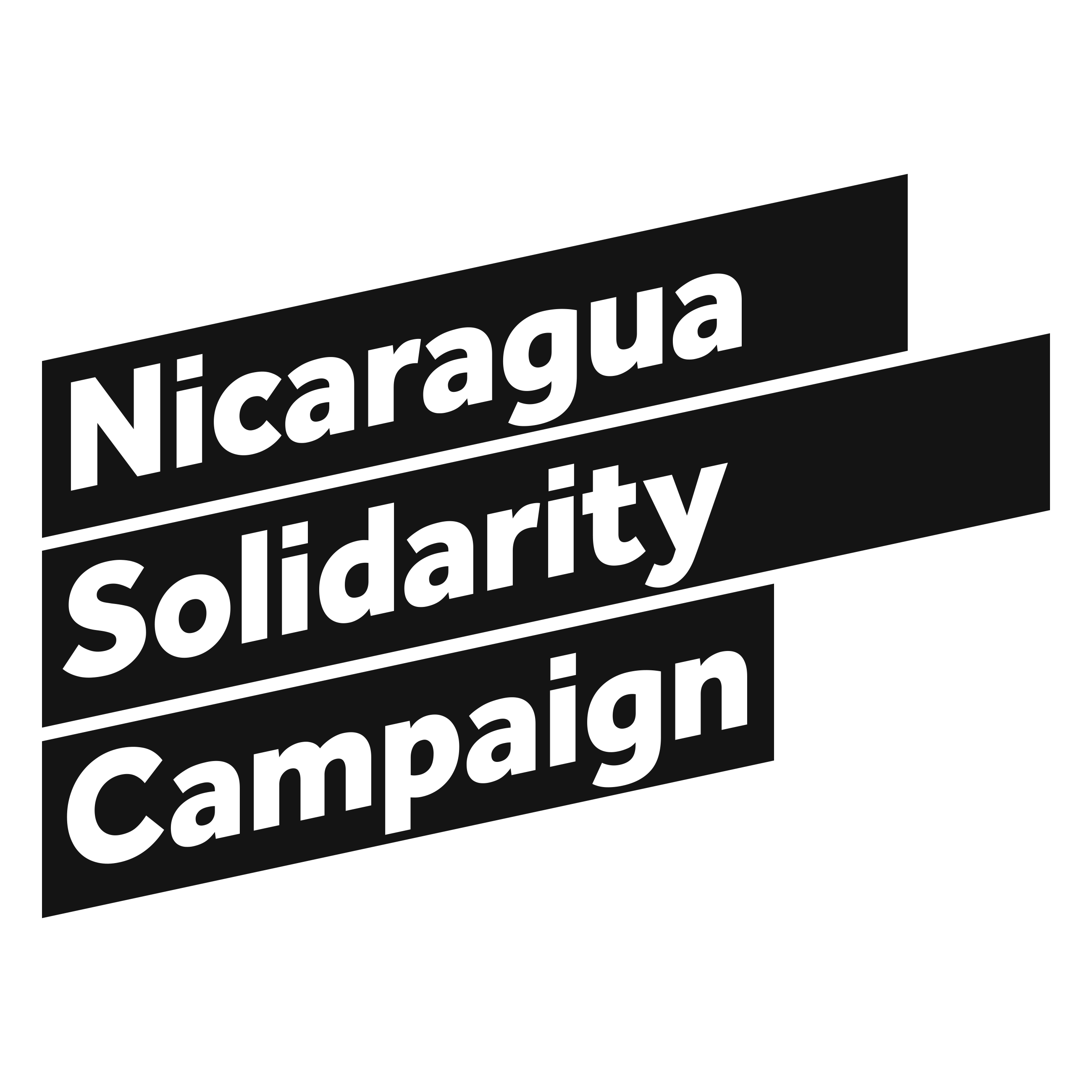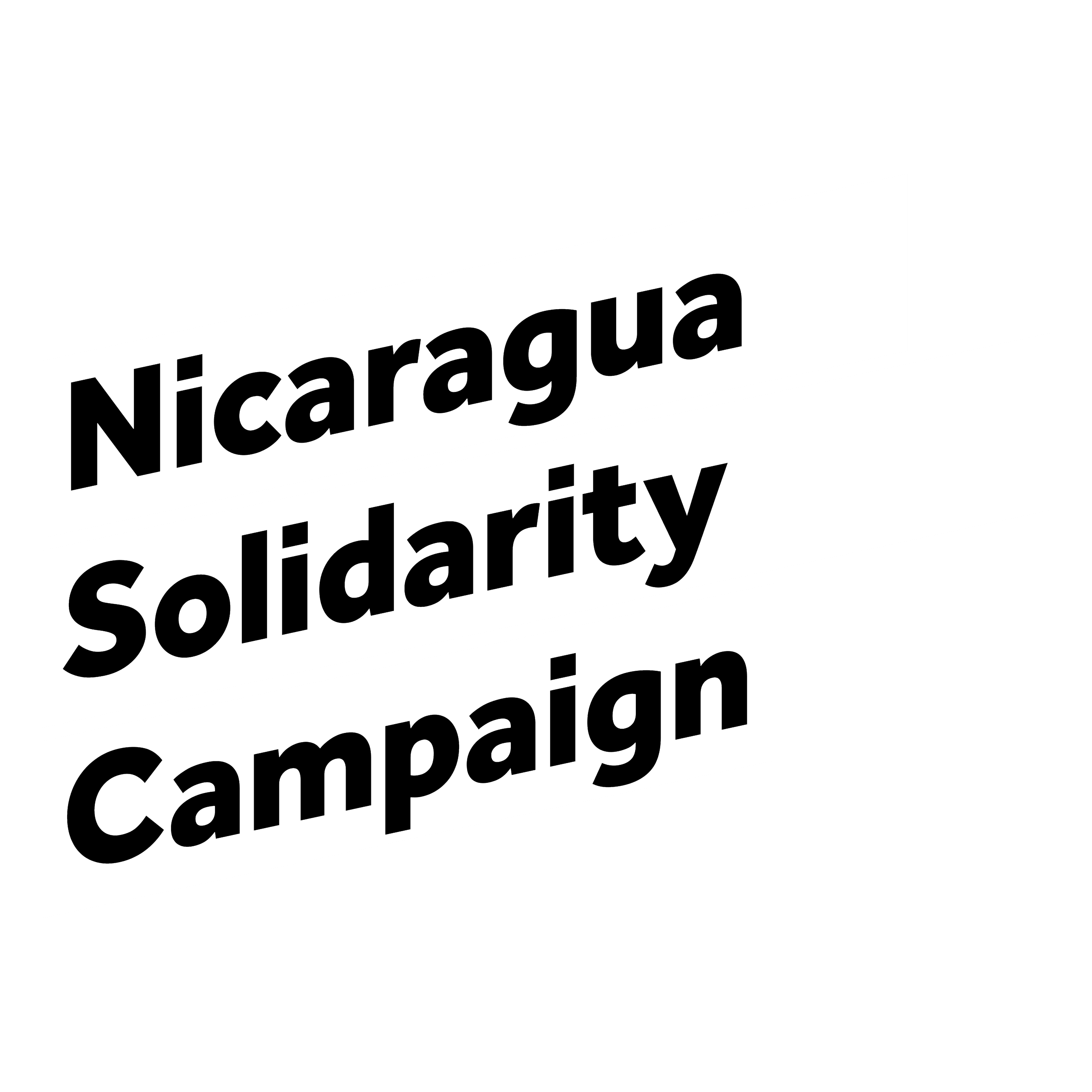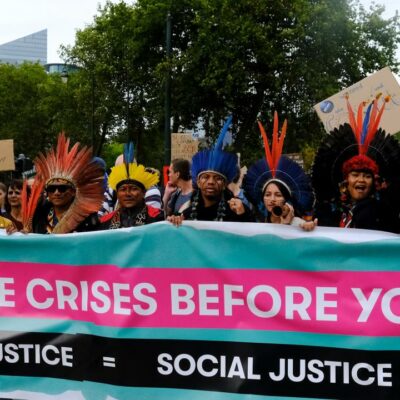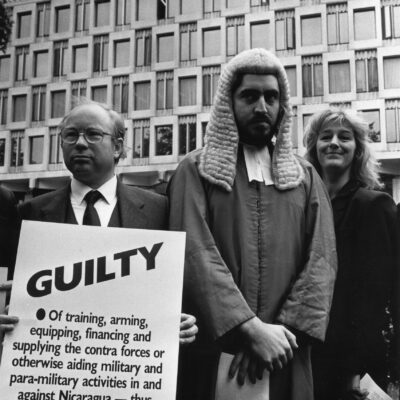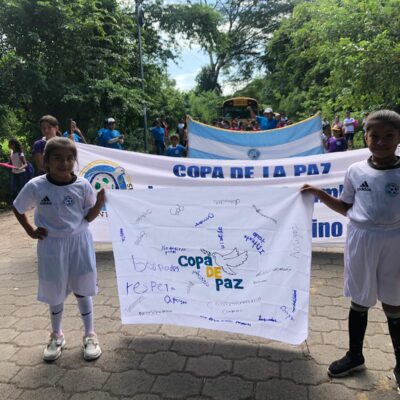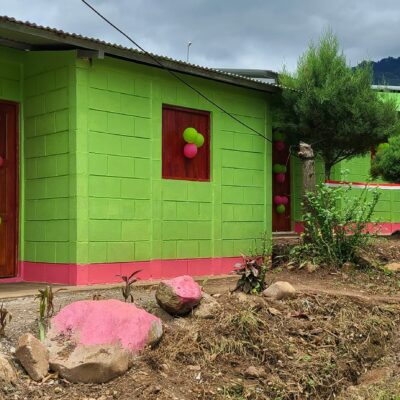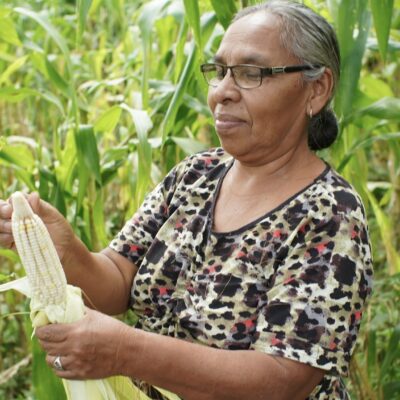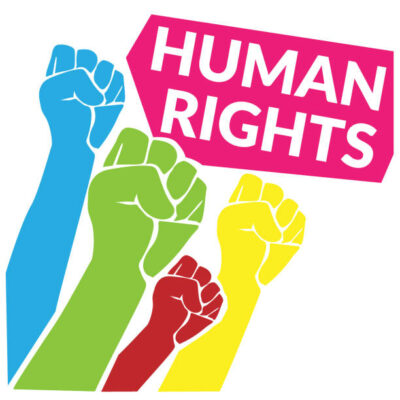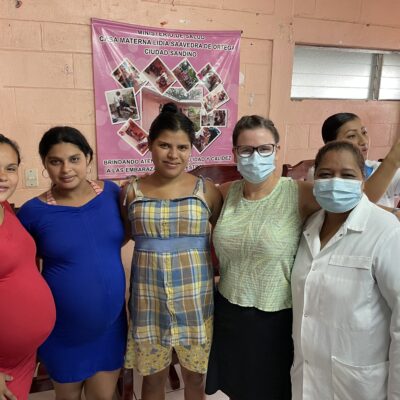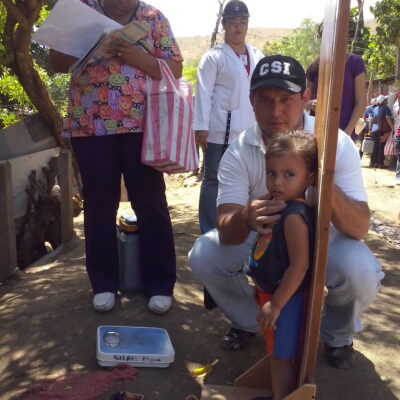Climate Justice = holistic transformation not tinkering around the edges
‘The climate crisis has many dimensions: social, political, economic, environmental, moral, ethical, and ideological. The way out of the crisis must address the root cause: the endless, limitless, mindless accumulation and concentration of capital on a planet with finite resources.’ Valdrak Jaentschke, head of the Nicaragua delegation to COP28 In...
Rules based international order for the benefit of who?
A reconfiguration of global power is playing out as rage escalates internationally at the refusal of the US, UK and other allies to call for an immediate cease fire in Gaza and to take concrete action to ensure it is implemented by Israel. But what is likely to happen if...
Cup of Peace girls & young women football tournament
For the girls and young women who took part in this Cup of Peace (Copa de Paz) football tournament in Granada on 15 September it was about much more than football. The girls from one of the participating teams (see above) have written on their banner what it means to...
Including the excluded: the revolution on Nicaragua’s Caribbean Coast
Nirad is 24 and a member of the abolitionist coalition No More Exclusions who works with primary schools and trainee teachers in Birmingham. He writes about his experiences on a Friends of the ATC delegation to the Southern Caribbean Coast autonomous region in June 2023. I was part of this delegation...
Mission accomplished! Ten homes built the co-operative way
Popular education facilitator *Winnie Narváez Herrera reports on how public institutions and the Victorias de Noviembre housing co-operative have worked together not only to build houses but also to strengthen their local community. In Latin America, the problem of housing quality is even more serious than the problem of not having...
Peasant feminism: changing relationships between people and the environment
Since its inception in 1993, La Via Campesina (LVC), a global movement of small-scale farmers and indigenous peoples, has been developing and putting into practice peasant feminism that is rooted in the life experiences of rural women and recognises that all life forms are interconnected. Small scale farmers and workers in...
The human rights of the majority
NSC chair James Poke interviews human rights lawyer Dan Kovalik about the 1948 Universal Declaration of Human Rights, why the spirit of the declaration became so fragmented during the Cold War, and what this means today for countries like Nicaragua. JP: Can I start by asking you to describe the background...
The best health care is free: Susana’s story
Susana lives with her family in the remote community of El Porvenir in northern Nicaragua. An initial test in a private clinic showed that she apparently had a large ovarian tumour, potentially cancerous. *Becca Renk tells the story of what happened next. I met Susana when the JDC- CDCA (Jubilee...
A day in the life of an NSC building brigade, 1984
The first NSC brigade spent four months working on a school building project, part of the Sandinista government’s rural education programme. During the time the brigade was in Nicaragua the Sandinistas won free and fair elections. Despite this the full force of the Reagan administration military, economic and political war on Nicaragua...
Nicaragua’s free universal health care system
*Becca Renk, who has lived and worked in Nicaragua for the past 22 years, contrasts neoliberal and Sandinista government health care models. Neoliberal health care 1990 - 2007 State-of-the-art public hospitals - or even ones that aren’t actively violating basic hygiene protocols - are a relatively new phenomenon. During 16 years of neoliberal...
